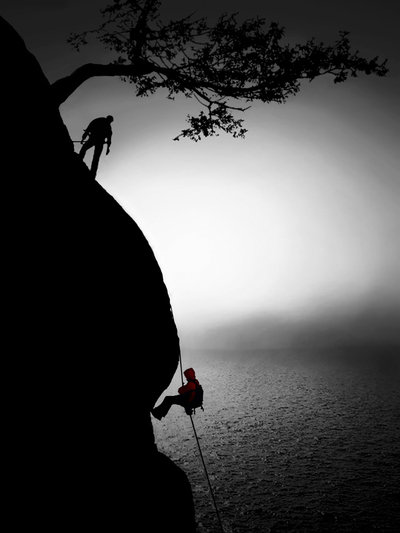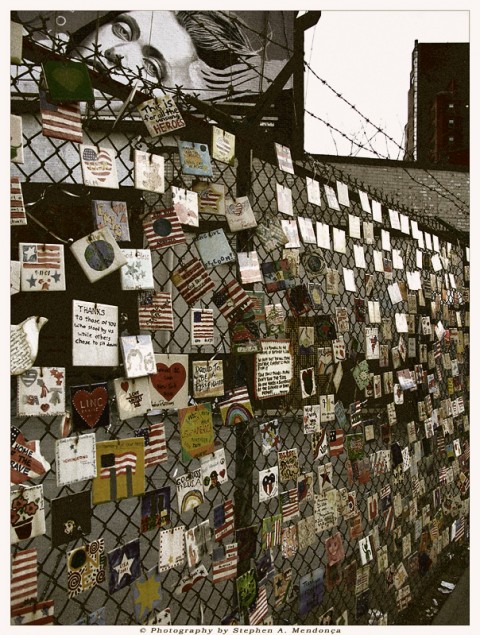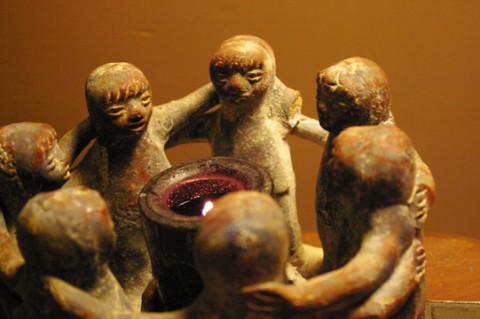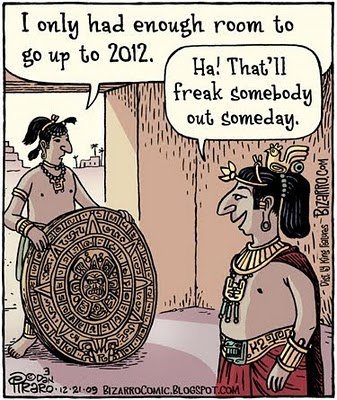July 31, 2012

If you are a frequent reader of our blog you know that I am privileged to be one of the facilitators of the Barr Fellows Network, one of the best network building efforts that I know of. The following is a blog post from the Social Capital Blog, it is written by Pat Brandes, President of the Barr Foundation and the one who conceived the idea.
Read More
July 30, 2012

We have had the privilege of working with Year Up since 2008, when they launched a diversity and inclusion process. That learning journey has built a broad-based understanding and commitment to diversity, equity and inclusion as central to achieving Year Up’s mission of bridging and closing the “opportunity divide” that prevents so many urban young people from connecting to educational and economic opportunities.
Read More
July 24, 2012

I met Katya Fels Smyth about four years ago at the Opportunity Collaboration, I remember sitting next to her on the bus to the conference site and being immediately intrigued by her passion and by the very idea of a Full Frame Initiative. It so happens that Ceasar McDowell, our new IISC President is on the Board of the Full Frame Initiative. We are truly proud to have him be our “Fearless Leader.” The following blogpost was written by Katya for the Case Foundation’s Fearless Campaign. Here is my favorite line: “be agnostic as to ‘issue’ but laser focused on people”
Read More
July 9, 2012

We spend a lot of time at IISC thinking about how to talk about and practice love as a force for social change. Mike Edwards claimed in 2003 that “that the future of our world depends on how successful we are in developing and applying a new social science of love… applied in and through the systems that are essential to the functioning of all successful societies…[This kind of love is best illuminated by Rev. Dr.] Martin Luther King’s philosophy of the “love that does justice”, signifying the deliberate cultivation of mutually-reinforcing cycles of personal and systemic change…
Read More
June 12, 2012

I’m a big fan of “Open Space,” I like trusting people who have passion. I believe in the power of connection through self-organization. It is too often that the most interesting conversations at the conference actually happen at the break or at the bar or at the after-party. Let’s move what matters to the center! Here is a helpful reflection by my friend Chad Jones.
Open space is a way to break up the mundane, old ways of conferences. Just as we are realizing that rote memorization does not work in the classroom, and education needs to be shaken up. Our meetings and multi-day conferences need strong winds of new ideas and currents of new ways.
Read More
May 23, 2012
“Somebody’s gotta tell them, that we are not ghosts, that we are in this city and we are alive!”
– Jessica Care Moore
Feeling nostalgic, shaken, stirred, and inspired during my current trip to Michigan, and my first return visit to my hometown of Flint in 15 years. So much here has changed: foreclosures – 2,000 last year alone, 40% of all property parcels in the city are vacant or abandoned, jobs have disappeared now to the point of 25% unemployment, 36% of all residents live in poverty, half of the student population in the public schools has left in the last 10 years resulting in numerous school closings including my high school, of those students that remain 81% qualify for free lunch. And the flip side, there are anchor institutions, physical landmarks, and stalwart active citizens (thank you, Sylvester Jones and Harold Ford, among others!) that remain and provide some sense of backbone, continuity, and hope. Read More
May 21, 2012

I just read a helpful Upmarket blog post on the distinction between strategy and tactic. It was almost a relief to know that the business sector also struggles with the distinction. Confusing these two terms has led to a lot of trouble in our work for social change.
Read More
May 21, 2012

You’ve heard that “it takes a village to raise a child.” It also takes a village to make an IISC engagement happen. I want to raise up a shout out and express my grateful for the excellence with which our colleagues do the detailed behind-the-scenes work that makes IISC’s practice possible.
Read More
April 25, 2012

Last weekend I had a most unique privilege. I facilitated the final retreat of a three-year process. I have been working with the Barrboletas, the Barr Fellows cohort of 2009, since their inaugural learning journey to Brazil in June of that year. We have a book worth of documentation. The fellowship as a whole will be highlighted in the May issue of the Stanford Social Innovation Review. This post is a celebration of their last retreat as a cohort – they will continue to participate in an exciting plethora of network activities as they are moved and able.
Read More
February 17, 2012

Our country is at a crossroads. We have a choice to make. Greater wealth for a few or opportunity for many. Tax breaks for the richest or a fair shot for the rest of us. A government that can be bought by the highest bidder, or a democracy that is truly of the people, by the people, and for the people.
Read More
January 24, 2012

Last Tuesday, Curtis Ogden and I had the privilege of hosting an LLC webinar on collective leadership. Much of what we did was point to observable patterns in ways of working together and how these tend to open up possibilities for shared leadership. The metaphor of tilling the soil is most appropriate precisely because we have run up against the limitations of industrial implementation. The appropriate response to increasing complexity is one that can get beyond linear causality and into a mindset of ecosystems.
Read More
January 3, 2012

One of the many things I like about celebrating New Year’s Day is that for a moment in time the awareness of millions of people is simultaneously focused on the same point of transition. We conspire to create an opening. We align ourselves with the cycle of the planets. We leap into a future that is necessarily new.
I’m not big on apocalypse or fear mongering. But I am often in awe of the stars. 2012 is going to be a big year for the stars. We’ll hear a lot of silliness, but creative are good alchemists. Let’s allow ourselves to toy with the idea of transition – of shift, of developmental leaps.
Read More










